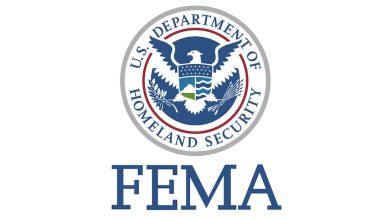Local News
Skill games out of order as state ban took effect July 1
Roanoke, Virginia – Skill games are still in place at convenience stores in the Roanoke Valley including the ones at One Stop Market on Williamson Road.
Businesses have posted signs on the machines saying they’re out of order as the state ban on the devices took effect July 1.
Two lawsuit have been filled in Virginia Beach and Emporia by the business owners.
They’ve also asked for a temporary injunction to allow them to keep operating the machines, but no judge has yet agreed to let them stay.




